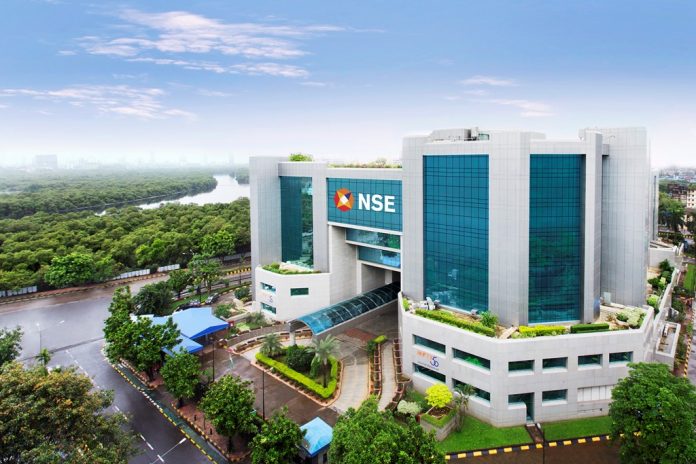Conflict of Interest by Mr. Vikram Limaye, MD&CEO, NSE
This was MDs Welcome address at NSE-Excellence Enablers Webinar on CG held on December 16, 2020
Mumbai, December 16, 2020: Conflict of interest may exist in different situations and levels in an organization, typically due to associations with more than one organization because of multiple directorships, family businesses, or personal relationships, investments or liabilities. Existence of competing interests may encourage, at times, compromising of organizational goals for personal gains.
The fiduciary responsibility of the corporate board is to make decisions which are in the best interests of the organization and its stakeholders including minority shareholders. Conflicts of interest, therefore, cannot be ignored, and are required to be disclosed adequately and promptly. This will enable the Board to distance the conflicted institution or individual from the decision or transaction in the interest of good corporate governance standards. The related party transactions (RPTs) norms in India provide basic guidance to corporates in dealing with such situations.
In November 2019, SEBI constituted a working group to review the extant norms pertaining to RPTs. The working group, in its report submitted in January 2020, has provided several recommendations to strengthen the monitoring and enforcement norms of RPTs. The key recommendations include: (1) widening of the definition of ‘related party’ and ‘related party transaction’, (2) lowering of the materiality threshold for transactions requiring approval of shareholders, and (3) enhanced responsibility of the audit committee for approval of RPTs. The need for strengthening transparency of RPTs was also emphasized in the Kotak Committee report on Corporate Governance. SEBI LODR Regulations required related parties to abstain from voting on related party resolutions. The Kotak Committee observed that such voting—for or against—cannot be construed as conflict of interest, and recommended to allow it—in line with the Companies Act of 2013.
Stock exchanges play a vital role in encouraging good corporate governance practices that strengthen integrity of markets. The regulatory function of stock exchanges includes monitoring compliance and disclosure requirements laid down by regulators and exchanges themselves for listed companies, trading members and investors. Beyond this traditional mandate of monitoring companies and trading activities, NSE encourages discussions among regulators, practitioners and academia on policies and best practices beyond law, which have contributed to the development of good corporate governance standards in Indian markets. The setting up of NSE Center for Excellence in Corporate Governance in 2012 and the Corporate Governance Webinar Series with Excellence Enablers are important steps in this direction. Over the years, NSE has built a wide knowledge repository in the field of Corporate Governance which is available in the public domain for the public good. NSE also encourages academic research in this domain through collaborations with educational institutions.






